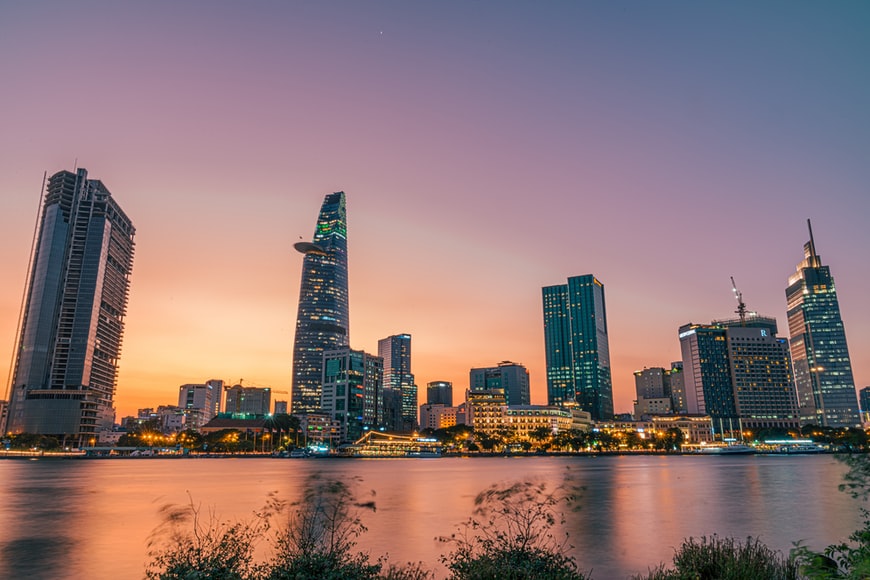Ho Chi Minh City, November 2021 – YCP Solidiance has published a white paper entitled “Public and Private Sector Cooperation: Sustainable Urban Development in Vietnam,” which explores the country’s efforts to promote more sustainable measures in several key pillars of its economy. This white paper builds on a previous YCP Solidiance report on smart cities, focusing on the efforts being made to accelerate sustainable development and governance.
This white paper contextualizes Vietnam’s sustainable urban development through the analysis of current and potential areas of development, specifically Infrastructure, Transportation, Green Buildings, and Green Spaces. Through these key sectors, the report identifies specific opportunities in which the public and private sector may work together to further bolster the progress of country-wide sustainability.
The potential sustainable urban development benefits that may arise from focusing on development in the aforementioned key markets may become fully realized through the following applications:
- Infrastructure: In 2020, 6.2% of Vietnam’s annual GDP expenditure was dedicated to investments in domestic infrastructure. As the country continues to adopt smart city practices, expect further investment towards solutions such as digital transport automation and cashless payment systems for efficiency and waste reduction.
- Transportation: While two-wheelers are still the dominant form of transportation in Vietnam, an eventual shift toward Electric Vehicles (EVs) is slowly being introduced. Initiatives are currently being implemented to encourage and incentivize the use of EVs—for example, the Vietnamese government has imposed a lower tax rate on electric vehicles. Local car manufacturer VinFast also aims to produce 250,500 local EVs on an annual basis.
- Green Buildings: The construction market in Vietnam is quite healthy as the compound growth rate (CAGR) for 2021 is forecasted to reach 11.1%. Similar trends suggest that LOTUS- and LEED-certified green buildings are now being prioritized by both developers and consumers, as the government has also promoted the use of green materials as evidenced by initiatives such as the Vietnam Green Growth Strategy (VGGS) incentivizing the use of sustainable materials and architecture.
- Green Spaces: Beyond green buildings, government offices are also pushing for the implementation of green spaces within large metropolitan areas, which are statistically proven to increase life expectancy of citizens as it improves air, noise, and visual pollution. An example is the Hanoi People’s Committee recently approving an initiative which aims to upgrade the city’s green infrastructure across 180 streets in 12 districts within a 5-year period.
To fully understand Vietnam’s efforts to become sustainable urban developers amidst the country’s digital transformation and transition to smart cities, download a full copy of the publication here.
